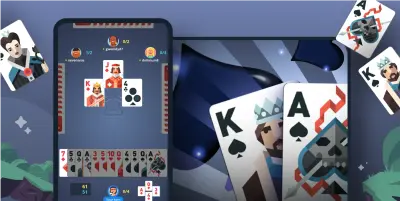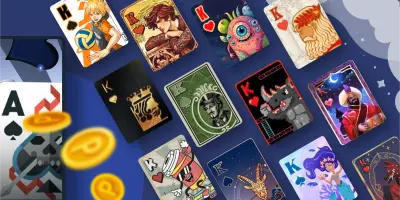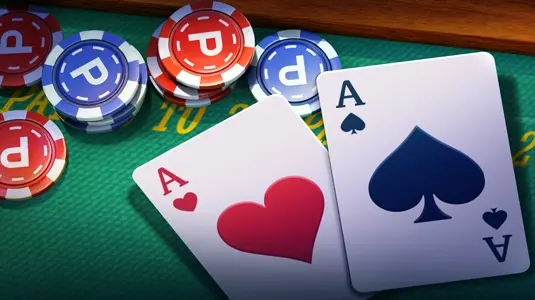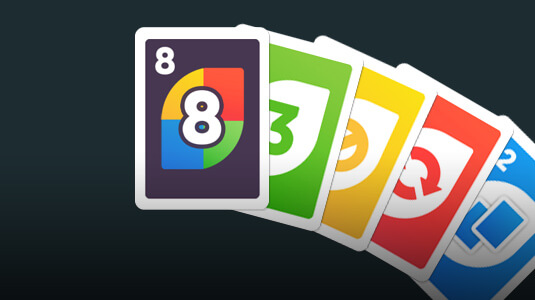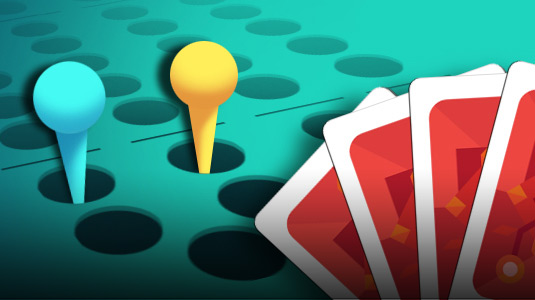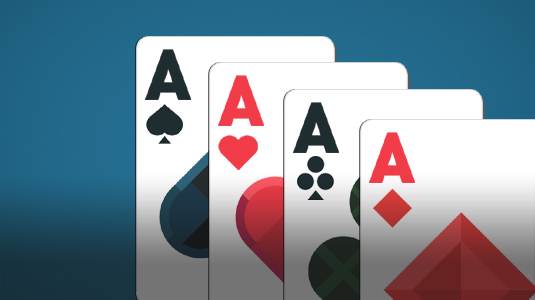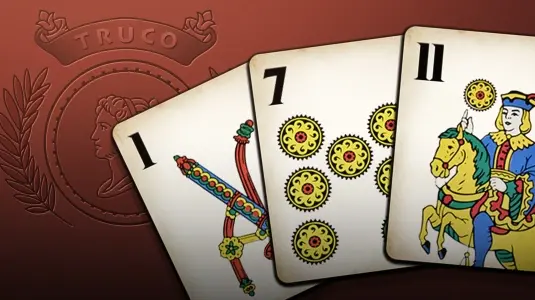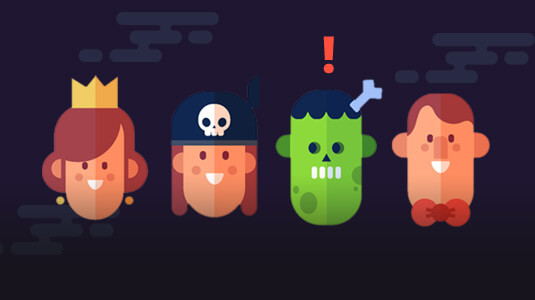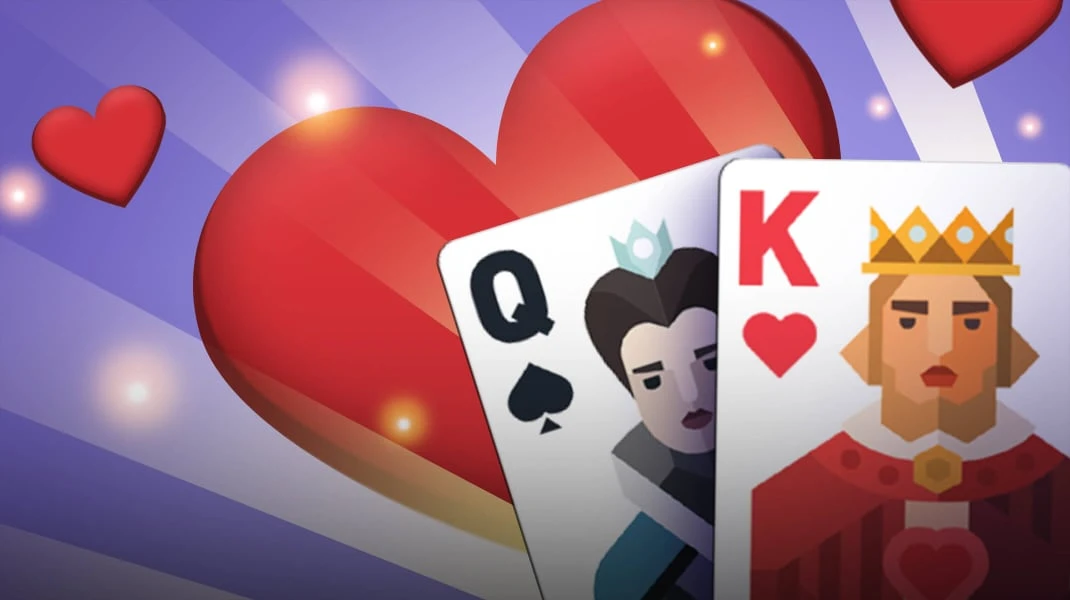Play Spades online with friends for free
Starting a Game
At the start of the game, all 52 cards are dealt out. Each partnership then bids the number of tricks they expect to take during the hand. Each player makes their bid in turn.
A player may bid any number of tricks from 1 to 13, or may bid "nil," which means they undertake not to win any tricks during that hand. The bid made by the partner of the nil bidder becomes the total bid for the partnership.
Cards Ranking
In each suit, cards rank from highest to lowest: A, K, Q, J, 10, 9, 8, 7, 6, 5, 4, 3, 2. Spades are always trump, meaning any spade will beat any non-spade card, regardless of rank.
Playing
The dealer leads the first trick. The winner of each trick leads to the next trick. Spades cannot be led until they are "broken" by someone playing a spade on a trick. However, a player who only has spades may lead with them.
Since spades are trump, the highest spade played on any trick wins. If no spades are played, the highest card of the suit led wins the trick.
Top Ranked Winners
Can I play online?
Yes. Install the Plato app on iOS, Android, or macOS to play the full catalog with friends or matchmade opponents. You can also play Ocho online in your web browser — no install needed.
Can I play with friends?
Yep. Tap Create Private Game, then share the invite link or invite from your contacts. When they tap Accept, they're seated at your table.
Is it free?
Yes — free to play and ad-free. If you buy something, it's for looks (themes, profile flair), not power.
Is it fair?
Shuffles, deals, dice, and timers run on Plato servers, not your device. Everyone plays by the same rules and no one can peek at hidden information.
Is it safe?
You can block and report from profiles or chat. Public spaces use filters and human review. Some rooms use Chat Pass to deter spam, and privacy controls let you limit who sees you online.
Live vs. turn-based: what’s the difference?
Both are turn-taking; the difference is the clock. Live uses short timers for quick back-and-forth. Turn-based gives you longer — often up to 24 hours per move in games like Chess — so you can play at your pace.
 Spades
Spades